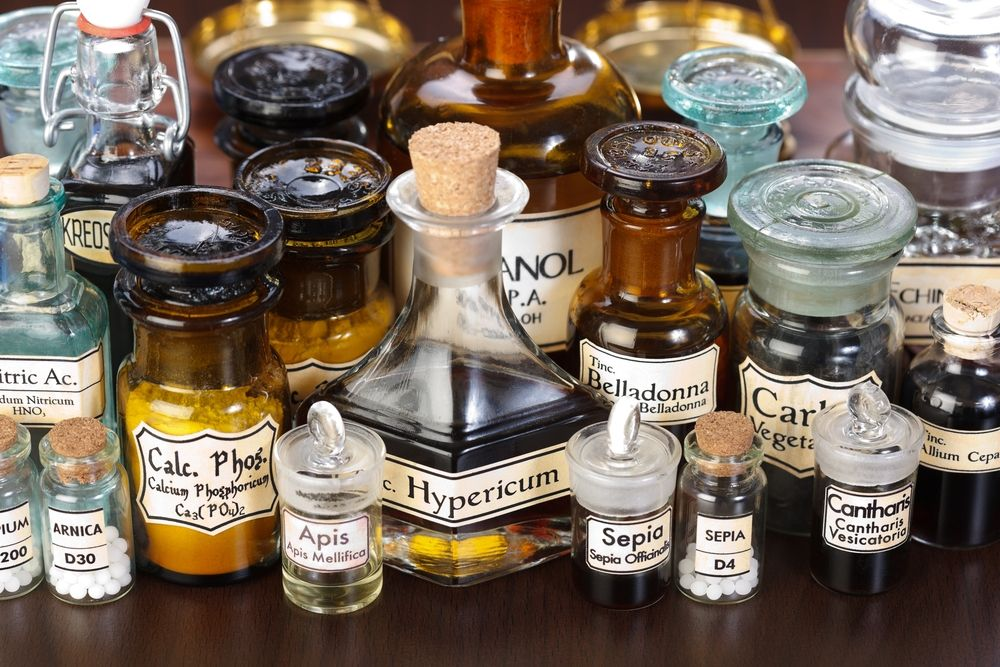
Homeopathy is a great point of contention in the field of alternative medicine, with its unique principles and historical roots. Here, we will delve into the position of homeopathy as regards FDA approval, scientific evidence for or against it, practitioners’ skills and insurance coverage, and safety precautions to take while using homeopathic remedies. This blog also evaluates various benefits that come with homeopathy with an aim to giving you clear and informed answers about how this treatment works.
How does the FDA regulate homeopathic remedies?
The FDA regulates homeopathic remedies under the Federal Food, Drug, and Cosmetic Act. They must meet specific safety standards but do not undergo the same rigorous testing as conventional drugs. The FDA’s guidelines ensure basic safety but do not guarantee effectiveness.
Homeopathic products are regulated to ensure they are manufactured in a uniform fashion, primarily from the standpoints of safety and proper labeling. They must be manufactured in accordance with the Homeopathic Pharmacopoeia of the United States, which allows for their standard formulation. However, unlike conventional drugs, homeopathic products are not required to be proven effective through rigorous clinical trials. It simply means that the FDA monitors the drugs for safety but does not validate their effectiveness through rigorous scientific testing.
What are the FDA’s guidelines for homeopathic products?
The FDA’s guidelines for homeopathic products require them to adhere to the Homeopathic Pharmacopoeia of the United States. They must be manufactured according to these standards and labeled properly, but clinical testing requirements are less stringent than for conventional drugs.
These guidelines stipulate the way homeopathic remedies should be prepared, tested, and labeled to ensure their safety and uniformity. HPUS gives methods of preparation, such as sources of substances and dilution levels. Within such a framework, all homeopathic products would have a certain standard of manufacture, while it does not presuppose rigorous clinical testing as conventional pharmaceuticals do. From here, this regulatory approach will seek a balance between demanding safe oversight and being in tandem with traditional practice in the field of homeopathy.
Are homeopathic remedies approved by the FDA?
Homeopathic remedies are not “approved” by the FDA in the traditional sense. Instead, they are regulated for safety and must meet certain criteria. They are included in the Homeopathic Pharmacopoeia, which provides standards for their preparation and labeling.
Unlike conventional drugs, which go through a rigorous approval process involving clinical trials, homeopathic remedies do not need formal approval before they hit the market. They are instead regulated according to compliance with the HPUS and general requirements of safety.
Essentially, this means that while they have to meet certain specified requirements of safety and be labeled correctly, they do not get FDA approval for effectiveness. What should be on consumers’ radars is that the safety of these products is checked; however, efficacy is not guaranteed.

What are the limitations of FDA oversight on homeopathy?
The FDA’s oversight of homeopathy is limited compared to conventional drugs. Homeopathic remedies are not subject to the same rigorous clinical trials and approval processes. The focus is on safety and labeling rather than proving efficacy through extensive research.
The FDA regulatory framework on homeopathy emphasizes basic safety and proper labeling rather than detailed efficacy testing. This is interpreted to mean that while homeopathic products need to meet some manufacturing specifications and not obviously harbor contamination, they won’t have to prove their clinical effectiveness through rigorous trials required of conventional medications.
The limited enforcement discretion in this regard also means that homeopathic drugs are not subjected to rigorous testing, which probably explains their variability in performance. In the context of this class, homeopathic remedies are drugs within the meaning of the Federal Food,
How does the FDA classify homeopathic remedies?
The FDA classifies homeopathic remedies as drugs but with less stringent requirements than conventional pharmaceuticals. They must follow the Homeopathic Pharmacopoeia but do not require FDA approval before marketing.
Act and Cosmetic Act. However, they are regulated under a different set of laws from regular medicines. They need to comply with the HPUS that has provisions as to their formulation and labeling but do not require any pre-market approval by the FDA. This means homeopathic remedies can be marketed without receiving formal approval like regular drugs go through, they only have to meet the requirements regarding their safety and quality.
What is the Homeopathic Pharmacopoeia of the United States (HPUS)?
The Homeopathic Pharmacopoeia of the United States (HPUS) is a compendium that sets standards for homeopathic remedies, including their preparation and labeling. It is recognized by the FDA as a reference for ensuring consistency and safety in homeopathic products.
The HPUS gives the manufacturer, cum detailed framework for the manufacture and labeling of homeopathic remedies on how the remedies shall be prepared, tested, and documented. The compendium, in that case, acts as a standard reference to ensure homeopathic products meet the minimum safety and quality requirements.
It gives clarity in maintaining consistency among homeopathic products concerning acceptable practices and standards. The efficacy is, however, not addressed.
How does FDA regulation impact the safety of homeopathic remedies?
FDA regulation impacts safety by requiring homeopathic remedies to meet specific standards outlined in the HPUS. However, because these products are not subject to rigorous clinical trials, their effectiveness may vary.
The FDA ensures that homeopathic remedies are made to certain safety standards of their manufacture that decrease the potential for harmful contaminants and assure appropriate labeling. While this type of oversight does help to provide some basic level of safety, it does not stand under any rigorous testing for effectiveness.
This consequently means that even though homeopathic remedies are basically safe if made according to HPUS standards, their effectiveness in treating conditions varies greatly and is not guaranteed by the FDA.
Conclusion
To sum up, Homeopathy remains to be extensively employed but debatable practice. Researchers argue that despite having some benefits and being regulated by the FDA, homeopathy has been questioned scientifically over time thus leading to limited health cover provisions. In order to use it safely knowing its limits and talking with healthcare practitioners are important. Be informed to make appropriate choices for your health and that of your family.
